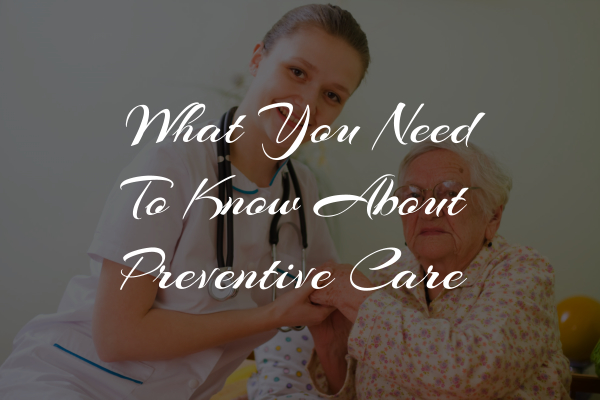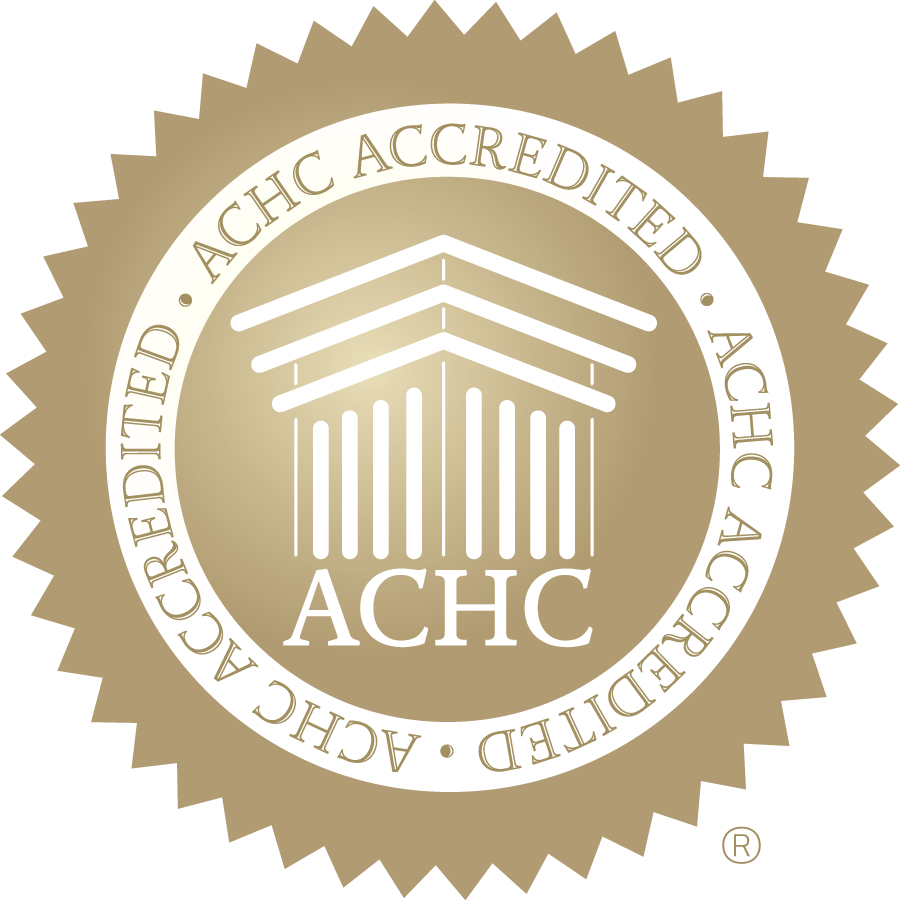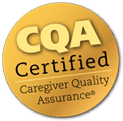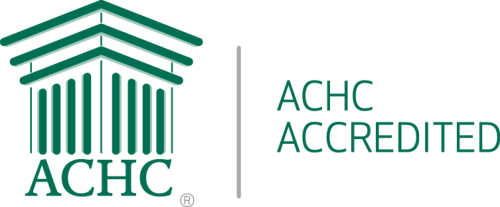
Preventive care lets your doctor find potential health problems BEFORE you feel sick, to avoid these problems or to identify them early. This can include immunizations, lab tests, physical exams, health advice and prescriptions.
Given the rapid aging of the U.S. population, increasing the use of preventive services by adults aged 50 or older is a key public health strategy. Despite the effectiveness of these potentially life-saving preventive services:
- Only 25% of adults aged 50 to 64 years are up to date on services.
- Less than 50% of adults aged 65 years or older are up to date.
It is true that these preventive procedures may be covered, in part or completely, by most insurance plans, including Medicare and Medicaid, as well as VA.
As caregivers and family members, it is our job to get involved in preventing illnesses and other untoward events as well as maintaining the health of our senior adults.
Why preventive care is more important for older adults?
Health maintenance and preventive measures contribute to the maintenance of independent function and quality of life in the elderly individual. The risk for health problems increases as we age. By preventing problems, or through earlier detection, you are more likely to live a longer, healthier, and more satisfying life.
The following preventive services are especially important for older adults:
- Colorectal cancer screening: Two out of every 3 new colorectal cancer cases are in adults 65 years of age and older. Beginning at 50 years of age and continuing until 75 years of age, all adults should be screened for colorectal cancer. Your doctor can discuss options for the type of screening tests available.
- Diabetes screening: Diabetes is very common in older adults. It affects almost 1 out of every 4 adults 60 years of age and older. Particularly if you are overweight or obese, your doctor may test you for diabetes, even if you don’t have any symptoms.
- High Blood Pressure Screening: The possibility of developing high blood pressure increases as you get older. Your doctor will probably check this each time you are seen in the medical office, and at least once a year.
- Influenza vaccine: This yearly vaccine helps prevent influenza (the flu). Older adults should get this vaccine every year. About 85% of the deaths from influenza are in people 65 years of age or older.
- Mammogram: The U.S. Preventive Services Task Force recommends all women between ages 50 and 74 have a mammogram once every 2 years. The American Cancer Society says if you’re 45 and older, you should have one each year.
- Osteoporosis screening: The risk of osteoporosis increases as you get older. Women who are 65 years of age and older should be tested for osteoporosis. This test is called a bone mass (or bone density) test.
- Pneumococcal vaccines: Important to help prevent pneumonia. For people who have pneumonia, it helps prevent life-threatening complications. This is especially important for older adults as they are more likely to get pneumonia and develop complications.
In addition, many aspects of mortality in older adults are modifiable through behavior change. Patients 65 years and older should be counseled on smoking cessation, diets rich in healthy fats, aerobic exercise, and strength training.
(1) Centers for Disease and Control Prevention (https://www.cdc.gov/aging/services/)
(2) Enhancing Use of Clinical Preventive Services Among Older Adults by Centers for Disease Control and Prevention, Administration on Aging, Agency for Healthcare Research and Quality, and Centers for Medicare and Medicaid Services (April 12, 2012)
(3) http://www.aafp.org/afp/2008/0715/p206.html
(4) www.medmutual.com
(5) www.webmd.com

 Published October 14, 2016
Published October 14, 2016





